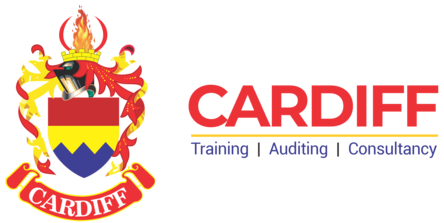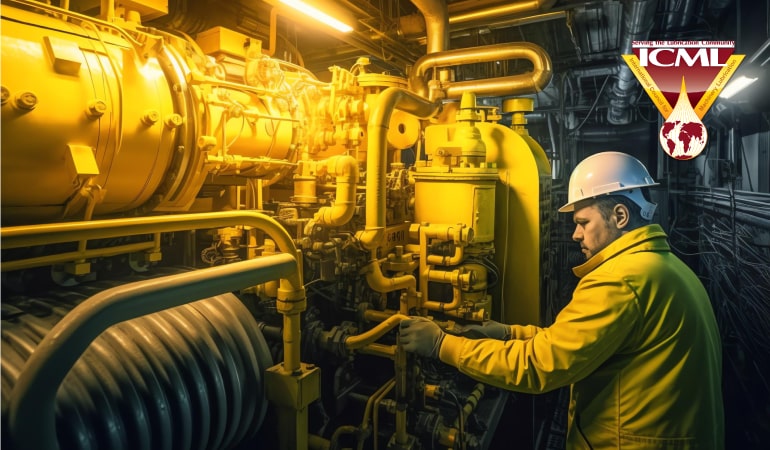Learning Outcomes
Upon successful completion of the MLA-I course, participants will understand:
- The vital interplay between maintenance strategies and lubrication reliability.
- The significant financial implications of effective lubrication on machinery longevity and associated maintenance costs.
- The common reasons behind machinery failures.
- The role of lubrication in averting and mitigating machine downtimes.
- The foundational principles of tribology, including friction, wear, and lubrication.
- The scientific theories that form the foundation of effective lubrication strategies.
- The proficiency in selecting lubricants based on machinery specifications and operational conditions.
- The merits and drawbacks of various lubricants available in the market.
- Techniques ensuring optimum machinery performance through correct lubricant application.
- Discern between different lubricant application methodologies and their unique benefits.
- The importance of apt storage conditions in preserving lubricant quality.
- The necessity of overseeing the condition of lubricants throughout their lifecycle.
- The expertise to accurately sample oil for insights into machinery health.
- The strategic importance of sampling touchpoints in predictive maintenance.
Entry Requirements
To ensure participants gain maximum value from the Machinery Lubrication Training Level I Course, the following entry requirements are recommended:
- Educational Background: A minimum of a high school diploma or equivalent. A background in mechanical engineering, industrial technology, or a related field is advantageous but not mandatory.
- Professional Experience: Candidates must have at least 12 months experience in the field of lubricant-analysis-based machinery condition monitoring (based on 16 hours minimum per month of experience).
- Basic Technical Proficiency: An understanding of basic mechanical concepts and familiarity with industrial machinery.
- Motivation: A keen interest in improving machinery performance, longevity, and overall operational efficiency through advanced lubrication techniques.










